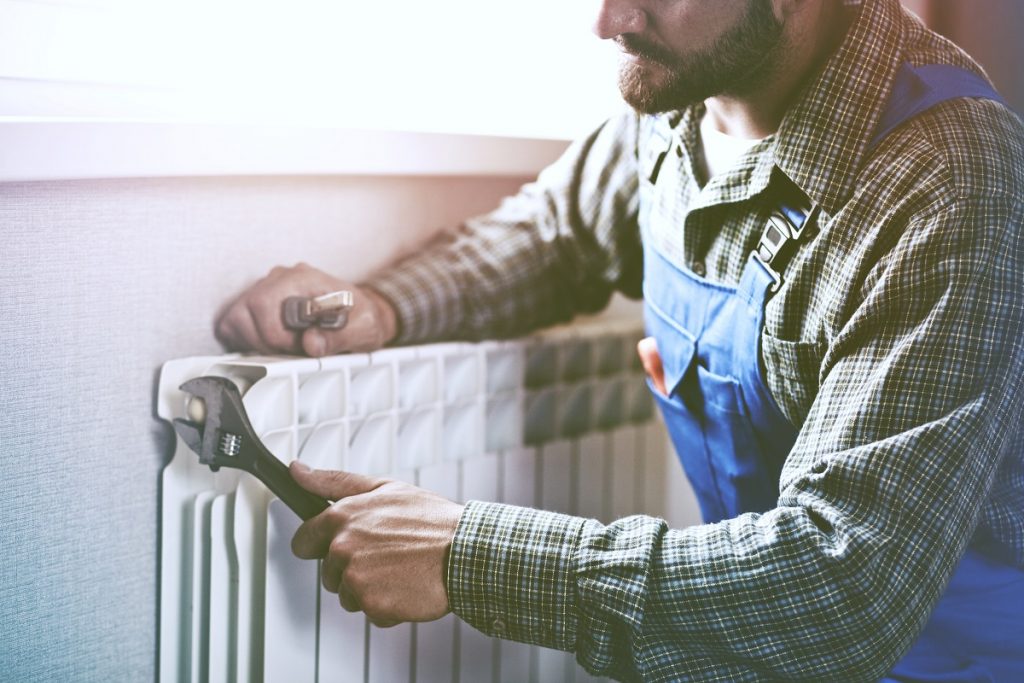- Get the right insurance for your property for natural disaster protection.
- Assess the home for vulnerabilities and secure outdoor equipment.
- Keep the landscape clear, and check the foundation and roof gutters regularly.
- Prepare an evacuation plan and emergency supplies stash.
- Stay informed and stay calm, so you can make the best decisions.
Natural disasters have become more common and unpredictable these days, and it’s crucial for homeowners and renters to prepare for these emergencies. Some areas are vulnerable to particular natural hazards such as hurricanes, wildfires, blizzards, or tornados. You never know when a natural hazard will strike, and the best course of action is to be prepared. Here are critical steps to keep your home secure and protected from natural hazards.
Get the Right Insurance
Getting your home insured is one of the best ways to protect yourself from any natural hazards that may occur. Homeowners should ensure that they have the appropriate insurance coverage against natural disasters such as floods, wildfires, hurricanes, earthquakes, or tornados.
Insurance provides peace of mind and financial protection should you need to make a claim. For instance, if a tornado damages your home, you’ll receive the funds to repair and replace any damaged property.
If possible, you should also add extra coverage for specific items, such as jewelry or electronics, that may not be covered in standard policies. This is especially the case for renters, who should purchase an insurance policy to cover the contents of their rental unit.

Assess Your Home for Vulnerabilities
Evaluating your home for potential safety and security issues is critical to keeping your loved ones safe. If you live in an area prone to earthquakes, hurricane shutters, or bracing that strengthens your home’s foundation could come in handy. Here are some other things to take note of:
Keep Your Landscape Clear
Fire incidents caused by natural hazards like wildfires can be devastating. Therefore, you should remove anything that could potentially fuel a fire on your property. This includes overgrown trees within the vicinity.
If you have such on your property, look for efficient tree trimming services that can help you get the job done. Professionals would know how to cut branches and remove trees without putting your home in danger.
Check Your Home’s Foundation
Regular checks on your home’s foundation and structure are also necessary. Fix any cracks, holes, or other weak points that could be hazardous in case of an earthquake or tornado. Pay attention to signs of water damage or mold buildup, as these can indicate structural weakening due to moisture seeping into the walls.
Inspect The Roof And Gutters
Make sure your roof is in good condition. Check for any loose or missing tiles, as well as the state of the gutters. Clear out any debris to prevent water from accumulating and causing damage.
Secure Any Outdoor Equipment
If you have outdoor equipment such as grills, generators, or lawn furniture that isn’t adequately secured, they can become dangerous projectiles in strong winds. Make sure to anchor any such items with heavy-duty straps or tie-downs, and position them away from your home.

Preparing for Evacuation
Training on how to evacuate your home safely is crucial when confronted with natural disasters. Prepare an escape plan for your family and walk through it together so everyone knows what to do when an emergency arises.
Keep passports, important documents, and other necessary items in a designated location so that they are easy to grab in a hurry. Always ensure that any pets you have are accounted for so they are not left behind to face the natural disaster on their own.
Natural disasters can disrupt essential services such as water supply, electricity, transportation, and telecommunication. Therefore, it’s critical to keep a stash of emergency supplies to sustain your family and loved ones until the situation returns to normal. The cache should include items such as drinking water, non-perishable food, flashlights, medical supplies, and batteries. Prepare the stash early and store it in a secure location.
Homeowners and renters should keep their homes safe and secure from natural hazards by taking a proactive approach. Getting the right insurance, assessing vulnerabilities, preparing for evacuation, keeping your landscape clear, and emergency supplies are essential to ensuring the safety of your family. Prepare to respond to any natural hazard by taking it one step at a time. It’s always best to start early and plan thoroughly so that you can be ready for any eventuality, big or small. You can’t stop a natural disaster from striking, but you can always be prepared for whatever it brings.

